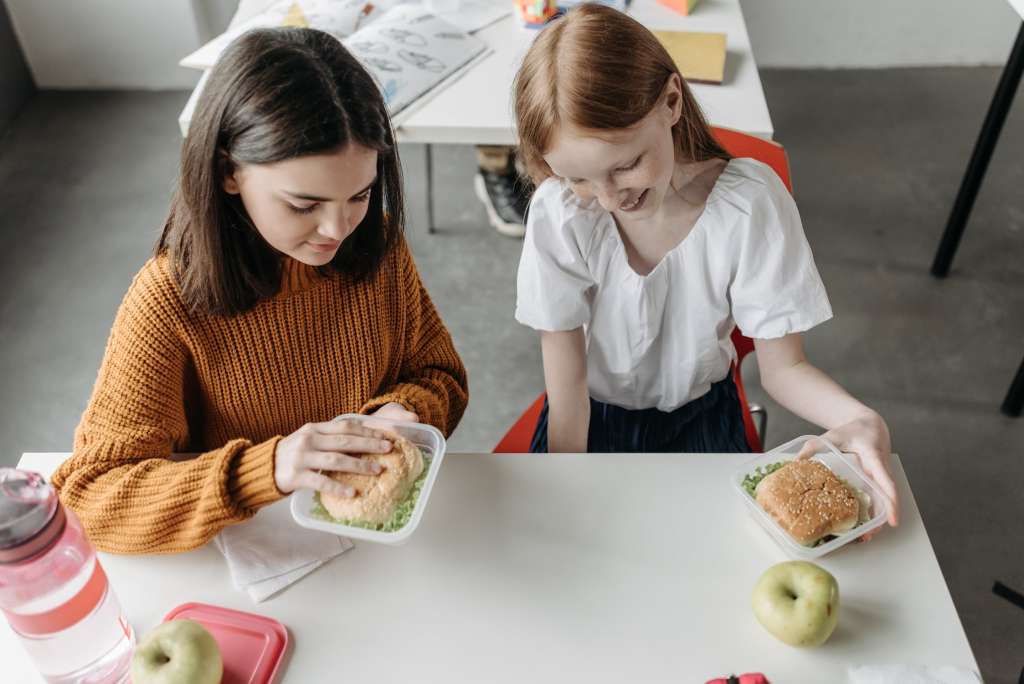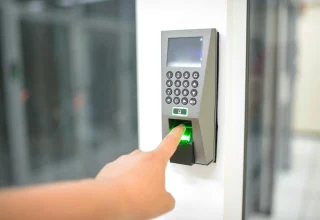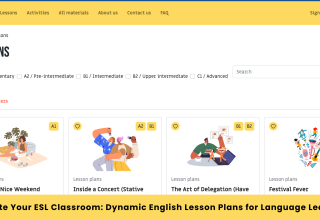Lunchtime is an important part of the school day for children to socialize and fuel up an afternoon of learning. However, the lunch break also presents opportunities for kids to practice essential manners and life skills. From following instructions to cleaning up after themselves, children can learn valuable lessons during lunch that will benefit them well beyond the classroom. By instilling good lunchtime habits in students from an early age, schools and parents can teach children politeness and responsibility in an informal setting. With some simple guidelines, the lunch break can be an ideal time for kids to demonstrate courtesy and appropriate conduct.
Sit Down Politely And Wait Your Turn
When lunchtime rolls around, children should walk calmly to the lunch area and find a seat. Rather than pushing or shoving to get a prime spot, kids should politely wait their turn in line or for a seat to open up at a table. Once seated, children should remain seated until dismissed to get in the lunch line or go out to recess. Yelling, walking around aimlessly, or saving spots for friends who have not yet arrived is not appropriate during the lunch break.
Use Your Inside Voice
An important lunchtime manner for children to learn is using an inside voice. Yelling, screaming, or making other loud noises is disruptive to others and can damage eardrums. Kids should speak in a moderate tone to their friends and classmates at the lunch table. If the cafeteria gets too noisy, children may be asked to be silent so they can hear any instructions from teachers or staff. An inside voice also means avoiding burping, blowing bubbles in milk cartons, or making other unnecessary sounds.
Clean Up Yourself
From spilt milk to leftovers and everything in between, children need to clean up after themselves during lunch. This means wiping up spills on the table or floor, throwing away used napkins, utensils, and trays, and returning chairs to the proper position. Kids should clear their place at the table and sort items into the trash, recycling, and wash bins appropriately. Making a mess and leaving it for someone else to clean up is impolite and inconsiderate. Schools that offer lunch programs especially need students to tidy up after eating to keep the cafeteria in working order for future groups.
Practice Good Table Manners
Lunchtime is an opportunity for children to use proper table manners. This includes using utensils like spoons, forks, and knives appropriately, taking bites of reasonable size, chewing with your mouth closed, and swallowing before talking. Kids should ask to be excused before leaving the table and avoid reaching across the table for items. Saying “please,” “thank you,” and “excuse me” are polite phrases children should master at the lunch table. Making a mess by playing with food or intentionally spilling or dropping items is not good table etiquette.

Respect Cafeteria Staff
From the lunch ladies who serve the food to the janitors who clean up spills and empty the trash cans, children should show respect and courtesy to all cafeteria staff. Use polite phrases like “please” and “thank you” when staff are serving food or collecting payment. Do not make unnecessary demands, cut in line, or cause disruptions that make it difficult for staff to do their jobs. Cafeteria staff works hard to provide children with a place to eat lunch each day, so their efforts should be appreciated.
Stay In Designated Areas
Schools establish specific areas where children are allowed to eat lunch, often including cafeterias, courtyards, and classrooms. Kids should stay within these designated lunch spots and avoid wandering the halls or going to parts of the school building without permission during the lunch break. Children may not leave school grounds for any reason before the lunch period has ended. Following rules about permitted lunch areas helps ensure student safety and an orderly lunchtime environment.
Follow Instructions From Teachers And Staff
During the lunch break, children are still expected to follow instructions from teachers, administrators, and other school staff. This includes lining up silently when asked, reporting spills or other issues, sitting in assigned seats if directed, and participating in emergency drills. Kids should avoid arguing with or complaining about instructions from staff during lunch. Raising hands and waiting to be called on before asking questions is another lunchtime manner for children to master. The lunch period is part of the school day, so the same behavioural standards apply.










